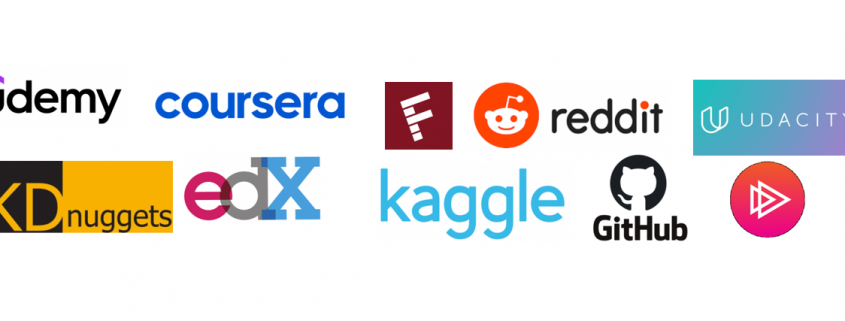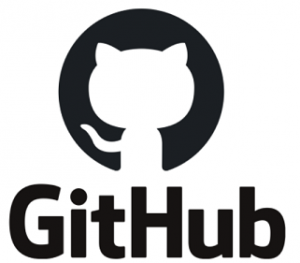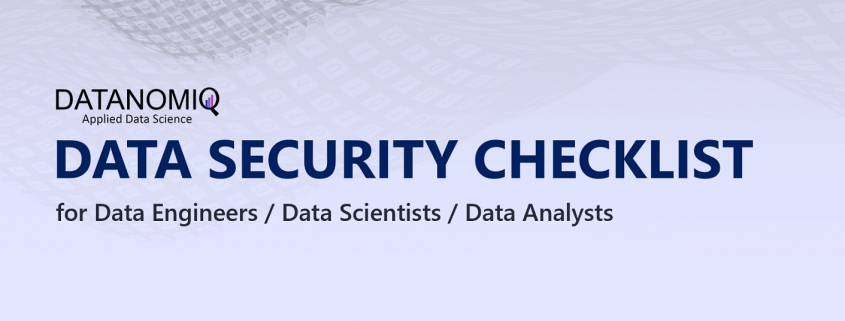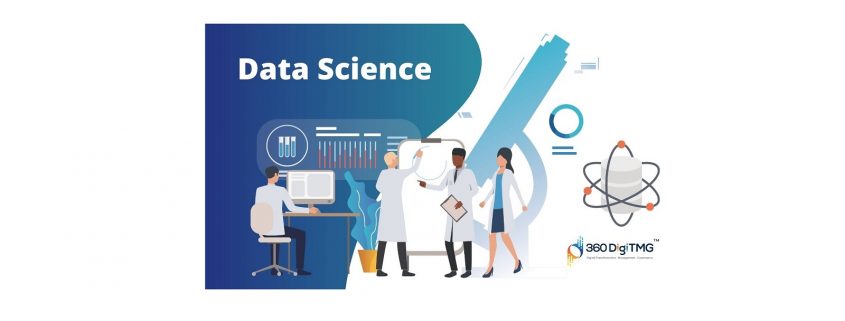CCNA vs. CCNP vs. CCIE Security Certification
As more companies turn to cloud-based software and other advanced solutions, demand for expert IT professionals in the field increases. One popular vendor, Cisco Systems, Inc., makes underlying software and hardware businesses will use for their networks.
If you’re interested in pursuing a career in the data security industry, you may want to consider earning a Cisco security certification. However, there are many types of certificates available, and each one will deliver unique benefits to you and your job marketability.
Learn more about Cisco certifications and learn the difference between CCNA, CCNP and CCIE certifications to help you choose which path is right for you.
Why Earn Cisco Certifications?
The main reason why Cisco provides these security certifications is so IT professionals can fine-tune their skills and build upon their knowledge. When IT professionals earn a Cisco certification, they can use Cisco products and services more easily, help guide customers and troubleshoot customer problems.
A future employer may perceive candidates with certifications as more qualified, productive and someone with a “go-getter” attitude. According to Cisco’s website, 81% of employers associate certifications holders with higher quality and value of work contribution.
However, it’s important to research the various Cisco certifications to learn which ones are most suitable for you and what job you’re interested in. For example, Cisco offers different levels of certifications, ranging from entry-level to expert.
Below are three certifications from Cisco that may be a good fit for you.
CCNA — Cisco Certified Network Associate
A CCNA certification is highly sought after. This certification demonstrates a professional’s ability to install, configure, operate and troubleshoot networks, both routed and switched. No prerequisites are necessary for the CCNA certification. It’s considered an associate-level certification and is available in a few prominent areas, including:
- Cloud
- Collaboration
- Industrial/IoT
- Security
- Routing and Switching
- Service Provider
- Wireless
One challenge in the data industry is the increased reliance on cloud environments. Using only one cloud provider is a business risk some companies are concerned about. Uptime Institute cites the concentration risk of cloud computing as a major challenge for data centers in 2022.
Earning a CCNA cloud certification may help you get hired for an entry-level position at a company and allow you to support a senior cloud engineer.
Common jobs that you can earn with a CCNA are an IT network engineer, associate networking engineer, network system administrator and cloud architecture and security professional.
CCNP — Cisco Certified Network Professional
The Cisco CCNP certification is a more advanced professional-level certification than the CCNA certification. With the CCNP, you should be able to implement higher-level networking solutions for a company. It will cover the fundamentals of LAN and WAN infrastructures. Here are some of the different areas you can earn a CCNP in:
- Enterprise
- Security
- Service Provider
- Collaboration
- Data Center
You must pass some core exams before earning the CCNP certification. Someone looking for the CCNP certification must also qualify for Cisco’s IP switched network and IP routing technologies. This will help determine the candidate’s readiness for the CCNP certification.
Some jobs you may get with a CCNP certification are senior security/network engineer, network architecture, network manager and troubleshooting assistant.
CCIE — Cisco Certified Internetwork Expert
IT professionals who’ve secured the knowledge and technical skills to design, implement and configure security for Cisco solutions and IT resources would be ready to earn the CCIE certification. According to Cisco, an expert-level certification is accepted worldwide as the most prestigious certification in the tech industry. Here are some of the CCIE certifications:
- Enterprise Infrastructure
- Collaboration
- Enterprise Wireless
- Data Center
- Security
- Service Provider
CCIE certifications can open up a range of job opportunities, but it’s a challenging certification to earn. Earning a CCIE means that your end-to-end IT lifecycle skills are valid. You know exactly what you’re talking about regarding networking, LAN/WAN, IPv4 and IPv6 protocols, switches and routers, general information and installation and configuration of various network types.
Jobs you can earn with a CCIE certificate include network security architect, network security specialist, infrastructure consulting practitioner and cloud engineer/architect.
Where to Earn Cisco Certifications
Because Cisco certifications are in such high demand and can open up job opportunities, you may want to know how you can earn them. You earn certificates directly from Cisco’s website. Under Cisco’s Learn tab, there’s plenty of information about certifications, training, events, webinars, support and other services.
There are many online training programs that you can complete to help you prepare for the Cisco certification exams. Here are some websites that offer programs you may want to explore based on the certification you’d like to earn:
For CCNA
- Udemy
- ICOHS College
- Pluralsight
- Cybrary
For CCNP
- Udemy
- INE
- Global Knowledge
- Varsity Tutors
For CCIE
- Udemy
- Skillshare
- PluralSight
- Network Lessons
- Koenig solutions
These examples are only a few, as other online training programs and resources can set you up for success.
Additionally, Cisco offers several resources on its website to help individuals prepare for certification exams. These include guided study groups and a free Cisco Networking Academy program.
Earning Cisco Certifications
Because many companies, especially large ones, will use Cisco products for their technology infrastructure. Potential IT candidates who list certifications on their resume or job application will have a competitive advantage in the hiring process.
Depending on your current skill level and knowledge, you should be able to determine which Cisco certification is right for you. Cisco’s website has extensive information on each certificate and what topics you’ll learn about. Consider earning a Cisco certification, whether it’s CCNA vs. CCNP vs. CCIE, to bolster your skills and improve your marketability.




 Pluralsight remains an educational platform for learners through insights from instructor-led courses or online courses, which lay stress on basics and some straightforward scenarios. Courses taken online will require you to exert more effort to gain detailed insights, thus helping you in the longer run. Pluralsight introduces one to several video
Pluralsight remains an educational platform for learners through insights from instructor-led courses or online courses, which lay stress on basics and some straightforward scenarios. Courses taken online will require you to exert more effort to gain detailed insights, thus helping you in the longer run. Pluralsight introduces one to several video  The website, which is produced by Dr. Nathan Yau, Ph.D., offers insights from experts about how to present, analyse, and understand data. This comes with practical guides to illustrate the points with real-time examples. In addition, the site also offers book recommendations, as well as provides insights related to the field of data science.
The website, which is produced by Dr. Nathan Yau, Ph.D., offers insights from experts about how to present, analyse, and understand data. This comes with practical guides to illustrate the points with real-time examples. In addition, the site also offers book recommendations, as well as provides insights related to the field of data science.
 Kaggle is an online learning platform that would be quite beneficial for individuals who already have some knowledge related to data science. In addition, most of the micro-courses require the users to have some prior knowledge in
Kaggle is an online learning platform that would be quite beneficial for individuals who already have some knowledge related to data science. In addition, most of the micro-courses require the users to have some prior knowledge in 
 This is a platform that comprises sub-forums, or subreddits, each focused on a subject matter of interest. Under this, the R/datascience subreddit has been titled the data science community, which remains one of the larger subreddit pages related to data science. Various data science professionals discuss relevant topics in data science. The data science subreddit remains insightful for individuals seeking a community that can provide related technical advice in the field of data science.
This is a platform that comprises sub-forums, or subreddits, each focused on a subject matter of interest. Under this, the R/datascience subreddit has been titled the data science community, which remains one of the larger subreddit pages related to data science. Various data science professionals discuss relevant topics in data science. The data science subreddit remains insightful for individuals seeking a community that can provide related technical advice in the field of data science.

 Image Source: Pexels
Image Source: Pexels






